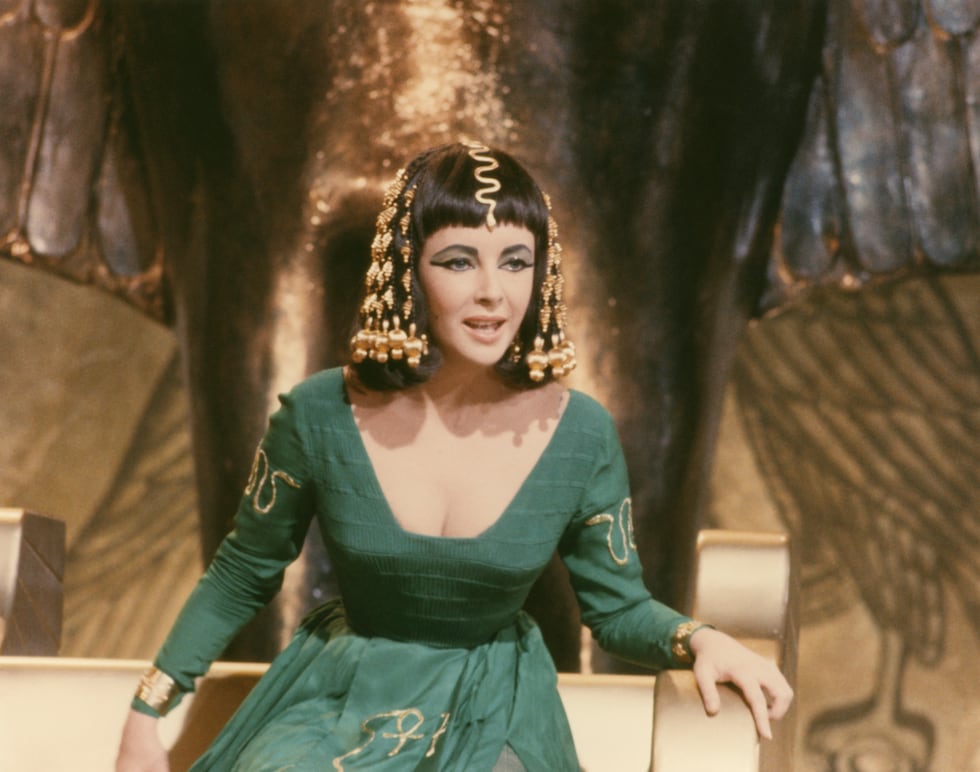by RICARDO DE QUEROL

The documentary ‘The Lost Tapes’ contains the confessions of the actress at the moment of her greatest global fame. She said she was frustrated by the constraints of Hollywood stardom and eager to be recognized for her talent
She was one of the most beautiful living beings ever to appear on the big screen, but she spoke of it as if it were a curse. Elizabeth Taylor could not imagine herself not being famous, because she had been a celebrity since the age of 10. She was the first star to suffer from the paparazzi phenomenon: journalists would try to sneak into her house by any means, even posing as plumbers. And her stormy private life — she was married eight times to seven men — made her fodder for the tabloid press. What she really wanted was to be recognized for her talent as an actress, which is not the same as being a movie star, and she regretted that she only achieved this on rare occasions.
The confessions of the diva par excellence can be heard in her own voice in Elizabeth Taylor: The Lost Tapes, available on Max. In 1964, when she was 32, Taylor had a series of recorded conversations, totaling around 40 hours, with Richard Meryman, a journalist for Life magazine and author of biographies of Hollywood figures (some of which were presented as autobiographies). The conversation gave rise to the book Elizabeth Taylor: An Informal Memoir, which did not show the journalist’s signature. It was not until after the writer’s death, in 2015, that these tapes were discovered, in which the actress expressed herself with enormous frankness, trusting that they would never be reproduced. Film director Nanette Burstein has given shape to this HBO documentary, produced by J. J. Abrams, which revolves around Taylor talking about herself, accompanied by archival footage and interviews with some of her Hollywood colleagues.
At one point, Taylor gets desperate with Maryman, who insists on asking her about her beauty. The journalists asks her if she realizes that she is a sex symbol, a sexual goddess. “You’ve asked me that 19 times!” the actress protests. And she answers: “I’m a girl, I’m a woman. I don’t feel special.” She also mentions some of the times she felt discriminated against, harassed or threatened, precisely because she was attractive. The most disturbing: one of her husbands, the sinister Eddie Fisher, pointed his gun at her head and said: “Don’t worry, I won’t kill you because you’re too pretty.” She goes so far as to confess to the interviewer: “I’m looking forward to getting fat, obese, flabby.”
Taylor suffered from what her public image had become. “I think I have the image of a superficial person,” she says. “I suggest something illicit because of my personal life. But I am not illicit or immoral.” Her own father called her a whore for her relationship history when she left Fisher. And she was especially hurt when the Vatican newspaper wrote that she deserved to lose custody of her children. Her successive marriages were frowned upon in her time, although with today’s eyes they portray a free woman who sought stability but knew how to break off a toxic relationship (and hers were so more than once).
She had not studied acting, having spent part of her childhood in the studios (starting with There’s One Born Every Minute in 1942). But she boasted of her instinct, of her ability to truly believe in each character. She admitted her frustration with the roles that were available to her: “I am not happy with what I am or what I have done,” she said. “I am a movie star who has been able to act a couple of times.”
El Pais for more
